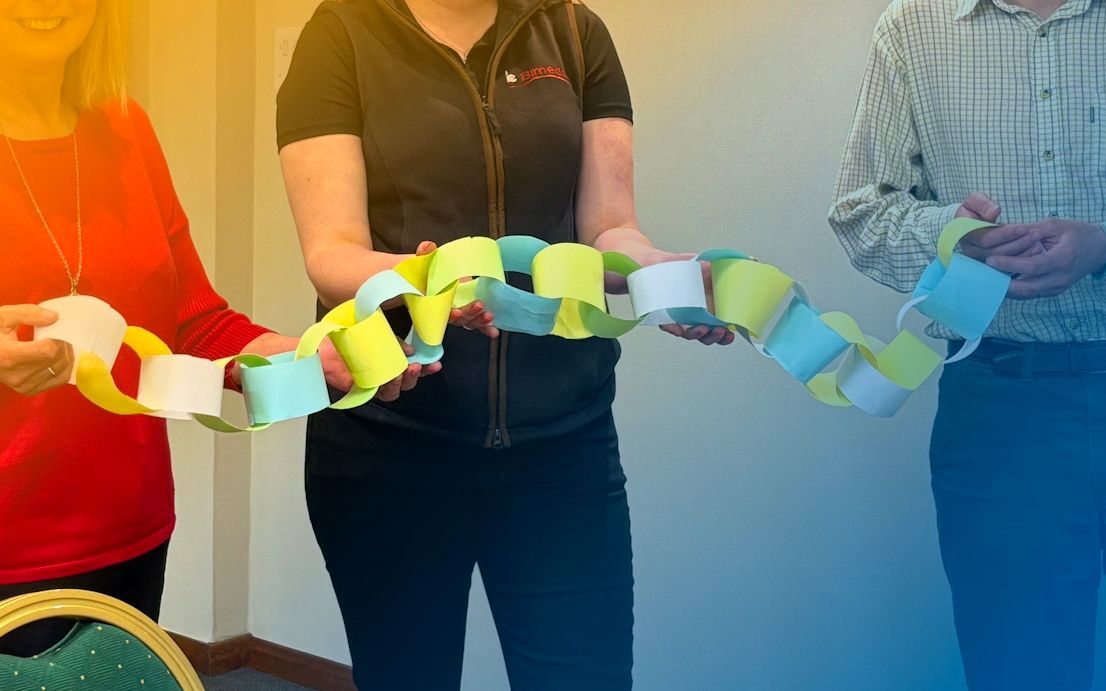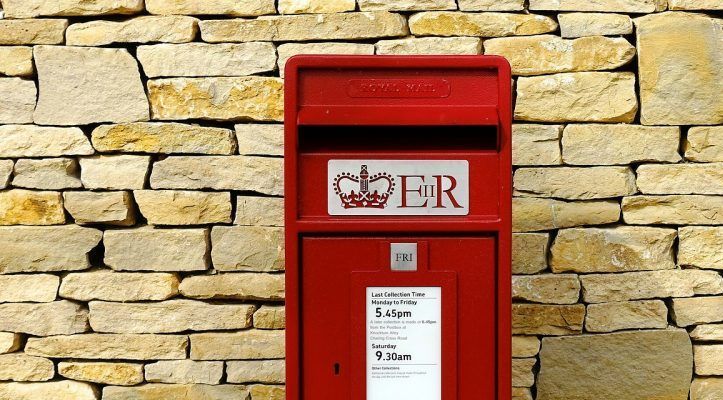High Performance Teams: How to Create Teamwork

Building a team is much like assembling a puzzle—you can’t simply scatter the pieces on the table and expect them to form a complete picture. Careful effort is required to align the pieces and ensure they fit together properly. The same is true of teamwork: it takes intentional guidance, clarity, and collaboration to create a cohesive unit that achieves its goals.
Identify Group and Individual Responsibilities
Just as a horse pulling a cart depends on the driver for direction, teams rely on clear guidance. Defining both individual and group responsibilities is the first step in building effective teamwork. Each member must understand their role, as well as the roles of others, to ensure smooth progress toward shared objectives. Ambiguity can derail a project, so clarity in responsibilities and expectations is essential.
Give Permission to Take Action
High-performance teams are made up of skilled, dedicated professionals who know how to recognise when something isn’t working—and how to address it. Leaders should empower their teams to act when challenges arise, even proactively. Granting autonomy not only strengthens problem-solving capabilities but also reinforces ownership and accountability for outcomes.
Build Relationships Between Team Members and Management
Trust, respect, and open communication are the cornerstones of strong teamwork. Without a solid relationship between team members and management, a damaging “us vs. them” dynamic can emerge. Leaders must invest time in fostering trust and approachability, ensuring employees feel comfortable sharing challenges, concerns, and new ideas. This openness strengthens collaboration and drives better results.
Give Feedback
Feedback is a vital tool for growth, alignment, and performance. It should come not only from managers but also from peers within the team. Constructive feedback highlights what’s working well while identifying areas for improvement, allowing members to adjust and refine their contributions. The most effective feedback is timely, consistent, and expressed in behavioural terms—focusing on what can be observed, heard, or measured. Done well, feedback strengthens both the individual and the team as a whole.
Part 4 of 5






















